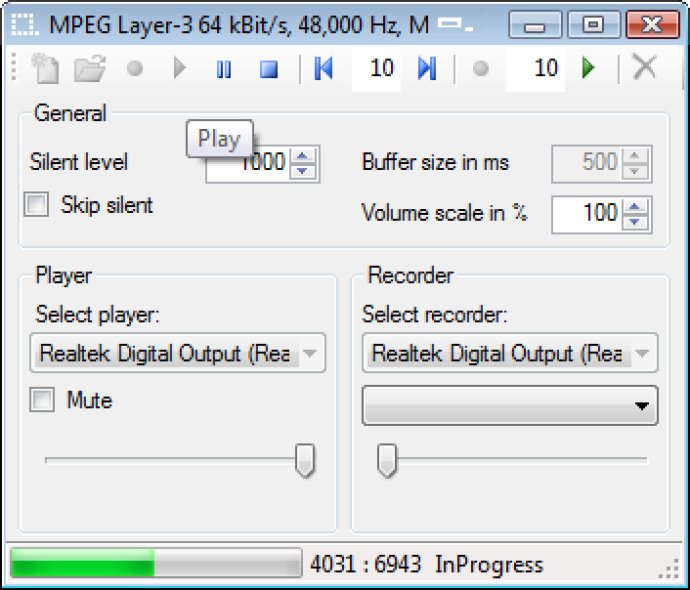Alvas.Audio.Core is a C# audio library for Windows that enables developers to design applications for recording, editing, converting, and displaying uncompressed/compressed audio data. It supports .vox and is compatible with .NET Core 3.0.

One of the key features of Alvas.Audio.Core is its ability to record audio data. This library supports a variety of audio data types, including uncompressed PCM and compressed data like IMA ADPCM, Microsoft ADPCM, CCITT A-Law, CCITT u-Law, GSM 6.10, and MPEG Layer-3. You can record data to a stream (file stream, memory stream), pause and resume recording, and even record data to any recorder installed on the system.
Alvas.Audio.Core also allows you to play audio data, whether it's uncompressed PCM data, compressed data, or mixed audio data. You can play data from a stream (file stream, memory stream), pause and resume playing, and even play data from any player installed on the system. Additionally, Alvas.Audio.Core lets you set up mixer controls so you can select the source line for recording, change source line volume for recording, adjust additional controls (like 'Mic Boost'), and change master volume for playback or mute playback altogether.
If you need to edit audio data, Alvas.Audio.Core has got you covered. You can change the volume and speed of audio data, join several pieces of audio into a single file, cut/insert/remove a piece in the audio stream, and merge two mono audio streams into one stereo. Alvas.Audio.Core also has the ability to convert audio wave streams to mp3 streams, convert Dialogic .vox (adpcm) streams to mp3 streams, check for audio signal silence, concatenate audio files, and return the audio stream duration in milliseconds.
Additional features of Alvas.Audio.Core include the ability to view the level of the input sound signal, play, record, and convert RAW headerless format (SLINEAR etc), play and extract audio data from Avi streams, and encode and decode Dialogic .vox (adpcm) format data.
To use Alvas.Audio.Core, you'll need .NET Core v3.0 or later. We recommend pairing it with Visual Studio .Net 2017 or later (also VS.NET 2019) for the best experience.
Version 2019.0: Its capabilities already are almost identical to the capabilities of the good old Alvas.Audio for .NET framework.